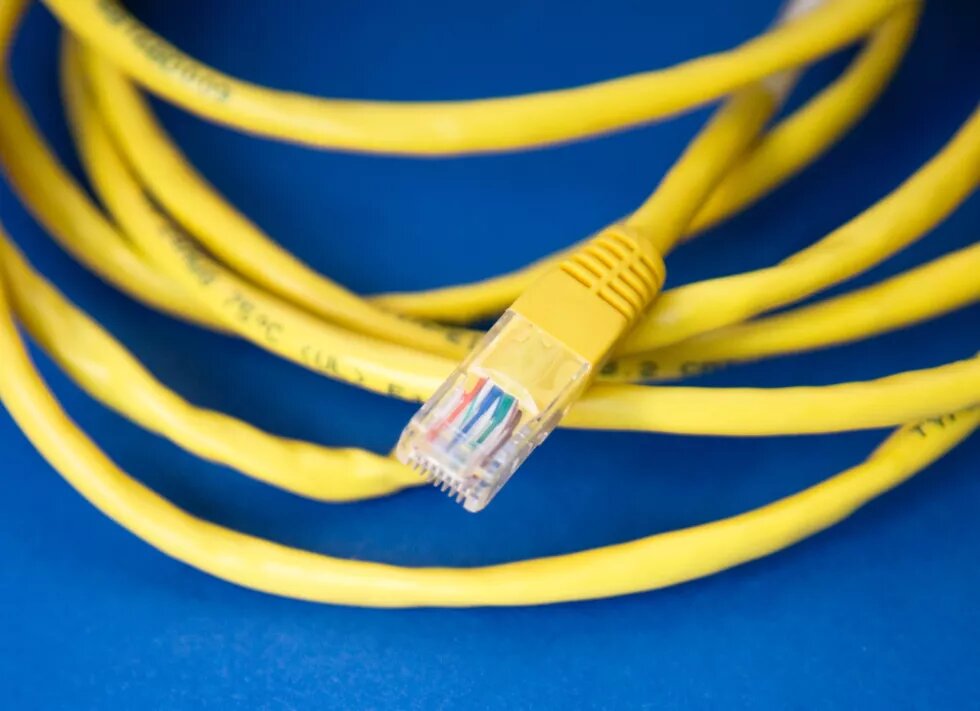
In many cases – before and after 2010 – some use of the internet’s affordances to abuse others was met with encouragement. The practice of “trolling,” for its own sake, intentionally seeking to shock, annoy, or enrage other internet users, became both a hobby and a sort of spectator sport, with content consumers watching, often gleefully, the sowing of chaos. Whitney Phillips argues in a 2019 paper titled “It Wasn’t Just the Trolls: Early Internet Culture, ‘Fun,’ and the Fires of Exclusionary Laughter” that the widespread acceptance (even embrace) of an internet culture comfortable with many forms of insensitivity and abuse laid much of the groundwork for some of the toxic online dynamics of today. Her account asks us to review the internet libertarianism of the rights era, whose proponents typically might not in person have been on the receiving end of attacks against already-marginalized groups.
This article was first published (12th November 2019) online via hiig.de and is part of the publication "Critical Voices, Visions and Vectors for Internet Governance".

